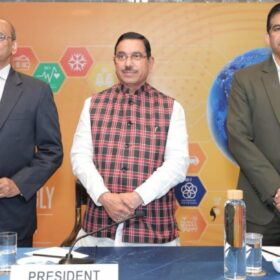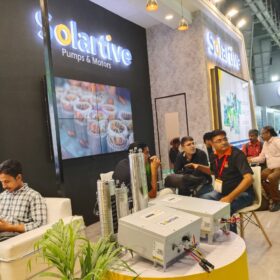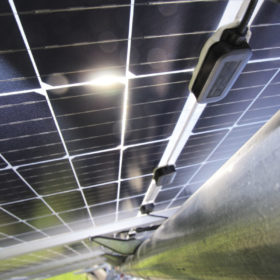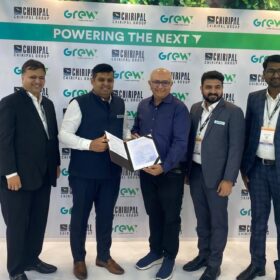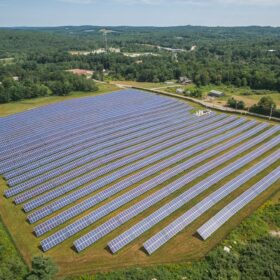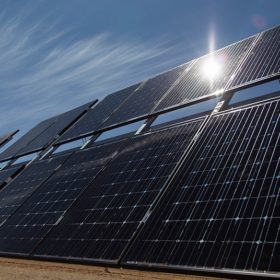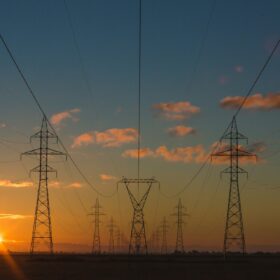India surpasses 90 GW of installed solar capacity
India’s cumulative installed RE capacity hit 201.46 GW at the end of September 2024 with 90.76 GW coming from solar projects, according to the latest figures from the Ministry of New and Renewable Energy (MNRE).
Off-grid vs on-grid solar systems: Choosing the right solar solution for you
Both off-grid and on-grid solar systems have their unique benefits and challenges. Assessing your specific energy requirements, location, and budget will help you choose the right solar solution to harness the power of the sun effectively.
Leaders from 120 member countries to attend Seventh Session of International Solar Alliance Assembly in New Delhi
The Seventh Session of the International Solar Alliance (ISA) Assembly, to be held in New Delhi from Nov. 3-6, will deliberate on ISA initiatives to improve energy access, security and transition among its member countries.
Solartive hits one lakh solar pumps milestone
The solar pump manufacturer’s annual turnover jumped to INR 181 crore in FY 2024, from INR 87 crore in FY 2023.
Torrent Power to set up 8.5 MWp solar project for offtake by Lakshmi Mills
Torrent Power will set up an 8.5 MWp solar power project for supply of renewable power to the production units of The Lakshmi Mills Co. Ltd (TLMCL) under open access.
Grew Energy to supply 180+ MW of PV modules to Aditya Green
Grew will supply its mono PERC p-type modules to Aditya Green Energy for solar projects to be set up under PM KUSUM Scheme.
Major U.S. corporations embracing community solar
The Coalition for Community Solar Access (CCSA) noted that household names such as Microsoft, Google, Walmart, Starbucks, Rivian, Wendy’s, and T-Mobile are just a few of the Fortune 500 companies that have signed agreements with community solar developers.
Bondada Engineering secures 170.4 MW of distributed solar projects in Maharashtra
Bondada Engineering Ltd has secured the Letter of Award to set up 170.40 MW (DC) of grid-connected distributed solar power plants on a turnkey basis. The projects are to be developed under Mukhya Mantri Saur Krushi Vahini Yojana 2.0 of the state government of Maharashtra.
How much shade is enough?
Researchers have covered part of a rooftop solar plant with a different numbers of shading cloth layers to measure their power, current, and voltage. They have been able to identify a point after which the value of system current and maximum power is no longer sensitive to shading heaviness.
PV systems can now support grid as fossil fuels decline, says IEA-PVPS
A new report by the International Energy Agency’s Photovoltaics Power Systems Programme (IEA-PVPS) says that existing PV systems have the technical capabilities to provide various frequency-related grid services.


